Google and eight top Android partners have just signed the Android Networked Cross-License, nicknamed PAX. On the surface, this looks to be a peace treaty of sorts that could end several patent wars.
The deal will allow creators of preinstalled Android apps to build off of a royalty-free community of over 230,000 patents. The signing members of PAX include Google, Samsung Electronics, LG Electronics, HTC, Foxconn Technology Group, Coolpad, BQ, HMD Global, and Allview.
According to Jamie Rosenberg, Vice President of Business and Operations of Android and Google Play, the goal of the PAX license is to ensure "that innovation and consumer choice—not patent threats—will continue to be key drivers of our Android ecosystem."
Any company, small or large, is also encouraged to join in on the PAX license, as it is completely free and open to the public. Licenses will be granted royalty-free to any PAX member "with Android and Google applications preinstalled" on their devices, so long as they meet Android's compatibility requirements.
Pax is the Latin word for "peace," and the goal here is to protect other companies from patent trolls, thereby ending many patent lawsuits. Patent trolls are companies that innovate nothing, but simply retain or purchase rights to patents, and then sue other companies over possible patent infringement.
By creating a patent community with some of the top Android smartphone developers, patent trolls will have a harder time litigating small, upcoming companies into dust. Rosenberg went on to discuss the idea of "patent peace" in the Google press release:
Already, Android is distributed under open-source licenses that allow anyone to use it for free. This openness has resulted in enormous choice for manufacturers and users. The Android ecosystem has grown to include more than 400 partner manufacturers and 500 carriers who have produced more than 4,000 major devices in the last year alone with an astounding 1.6 billion active users. We believe PAX will further expand the openness of Android for its members, promoting patent peace that will free up time and money for members, who can then dedicate those resources to creating new ideas.
PAX seems to be limited to software patents, though it's unclear as of now what exact types of patents will be available within the community. Nonetheless, having access to these patents should allow developers to build upon the Android ecosystem and dedicate more time for innovation rather than litigation.
The new patent peace deal seems like a great thing, as of now. The goal with PAX is to prevent lawsuits, but it is possible that a collective group of Android makers could turn the tables around and start becoming the evil patent troll himself.
It wasn't too long ago when Rockstar consortium beat out Google for Nortel's large patent portfolio in 2011. The Rockstar group—made up of Apple, BlackBerry, Ericsson, Microsoft, and Sony—took it upon themselves to file a number of lawsuits against many Android partners, such as HTC and Samsung, two of the companies involved in launching the PAX agreement today.
In response, Google fired back, claiming that "Rockstar was unfairly targeting Android and taking actions typical of a patent troll." Time will only tell what a large network of top Android companies will do to the little (or big) guy that they don't want in the club.
What do you think? Is PAX truly all about patent peace? Or is it a possible Google and Android plan to exact patent troll revenge against Apple? Share your thoughts in the comment section below!
- Follow Gadget Hacks on Facebook, Twitter, Google+, and YouTube
- Follow Apple Hacks on Facebook, Twitter, and Pinterest
- Follow Android Hacks on Facebook, Twitter, and Pinterest
- Follow WonderHowTo on Facebook, Twitter, Pinterest, and Google+
Cover image via Lucas Zallio/Flickr









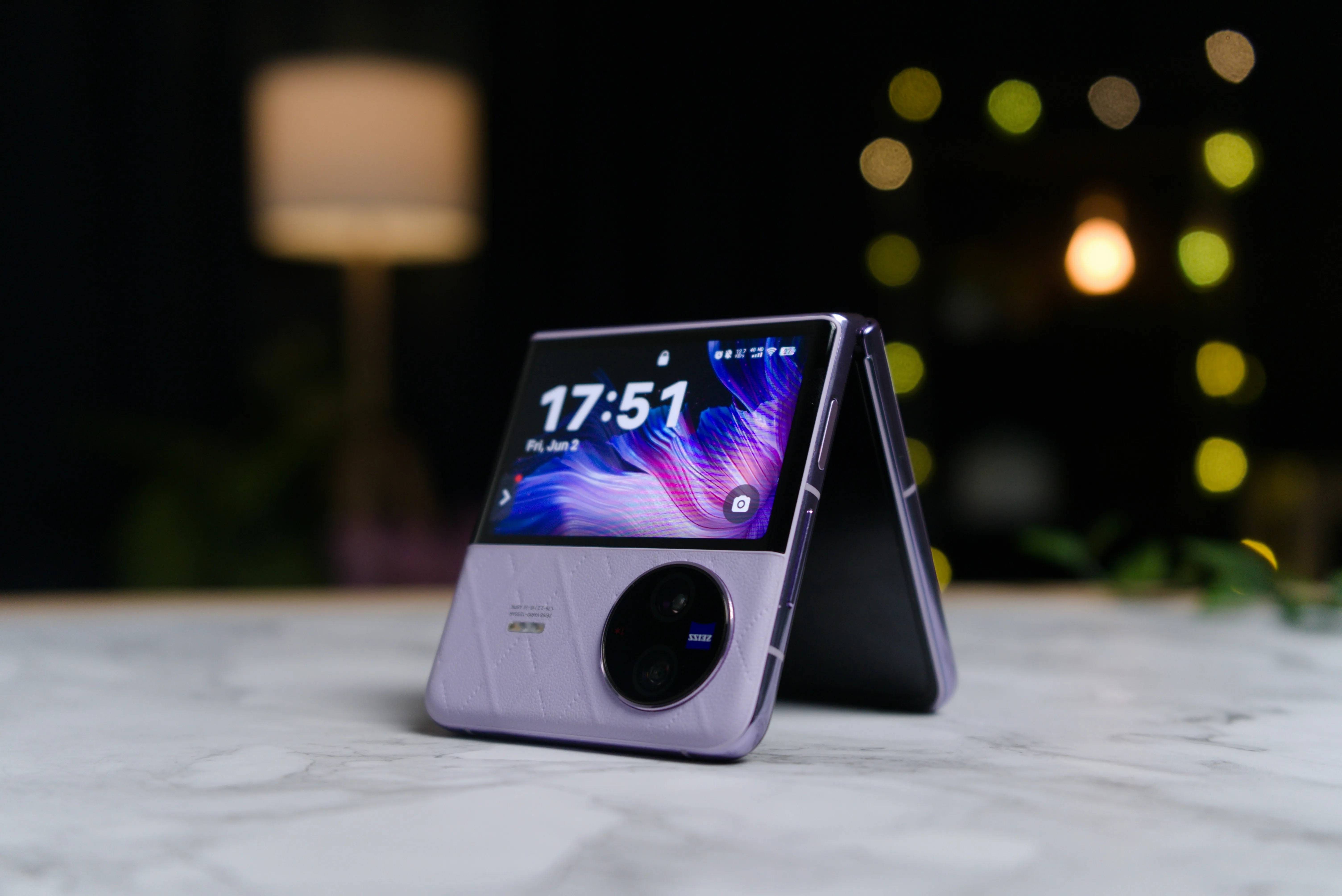

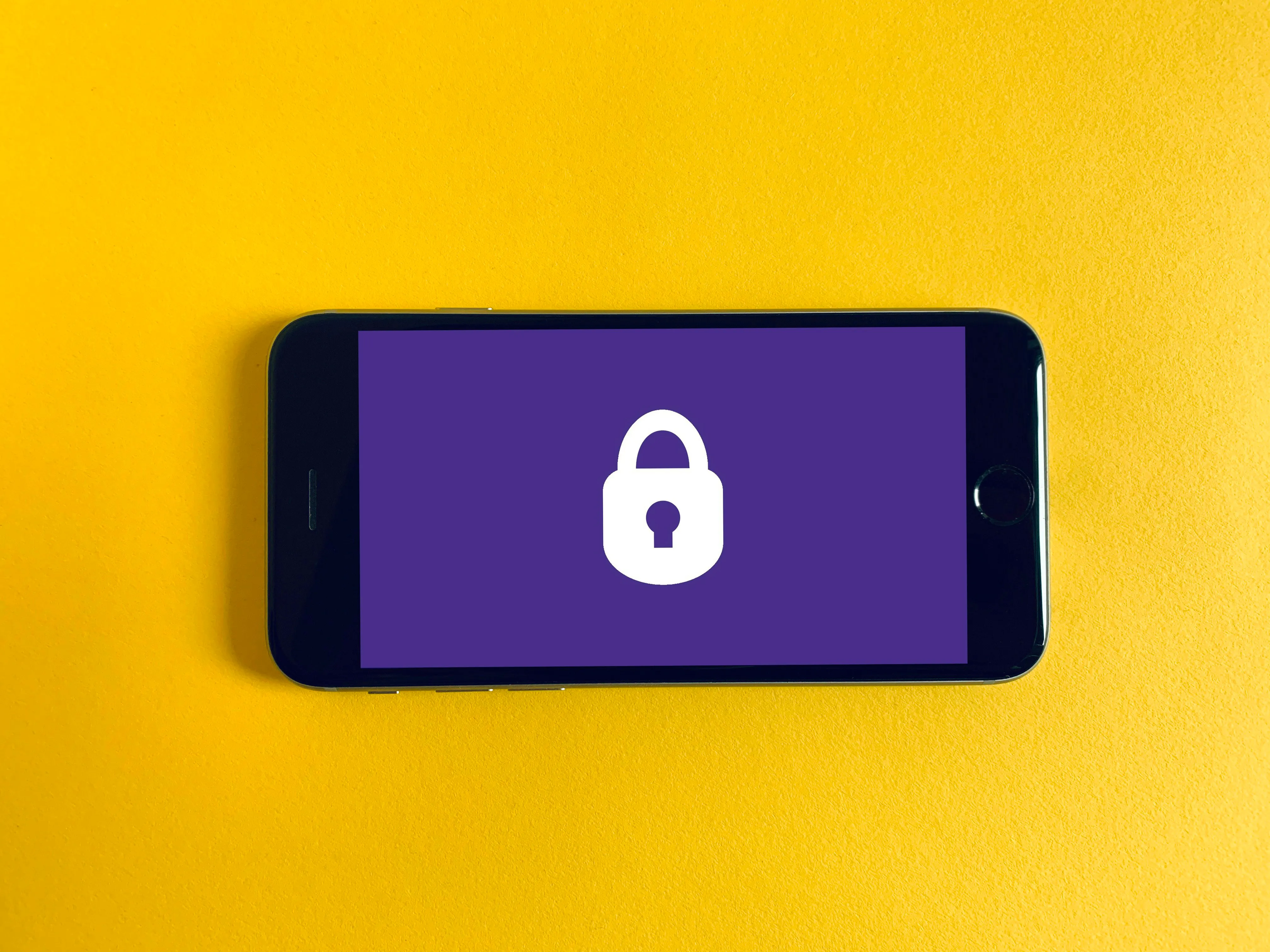
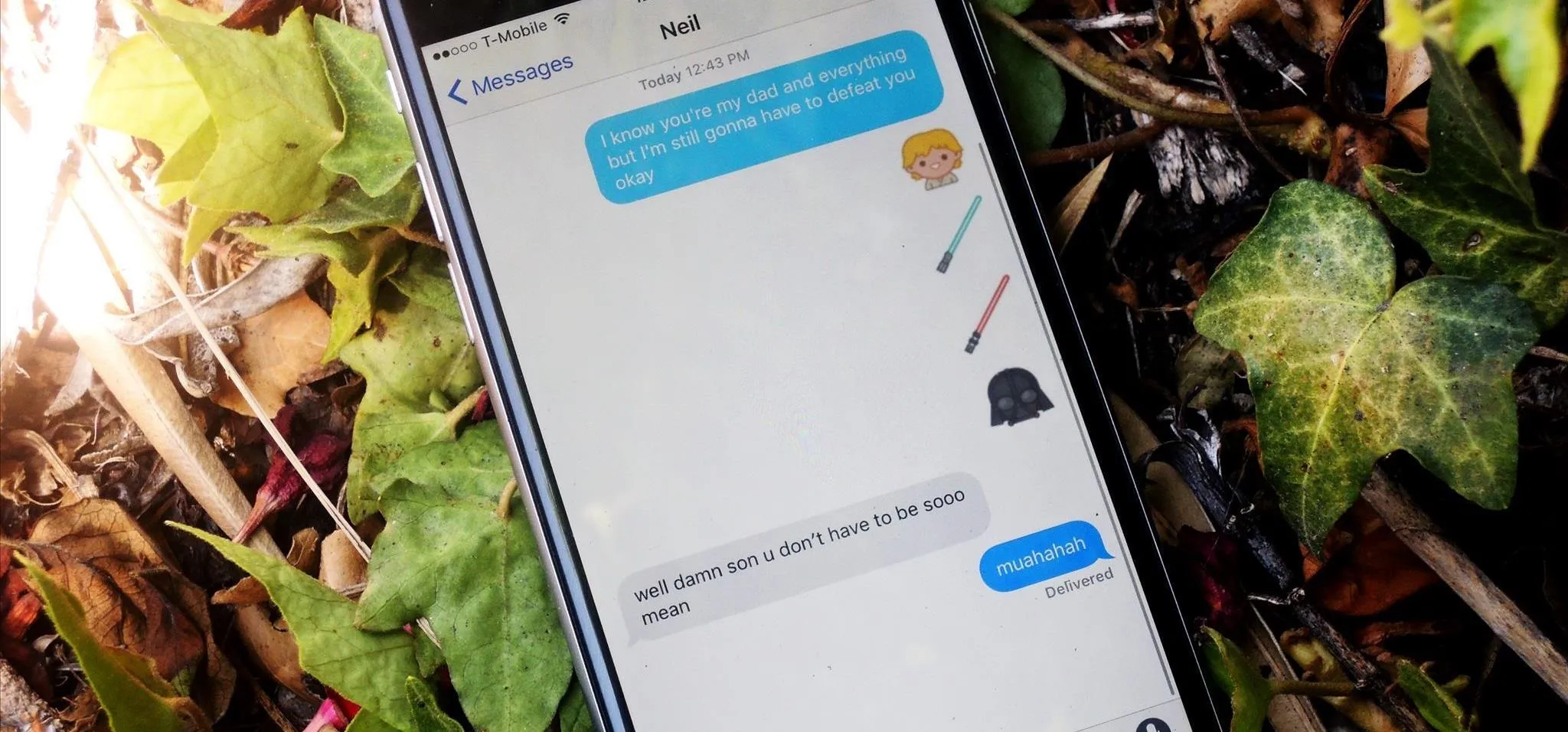




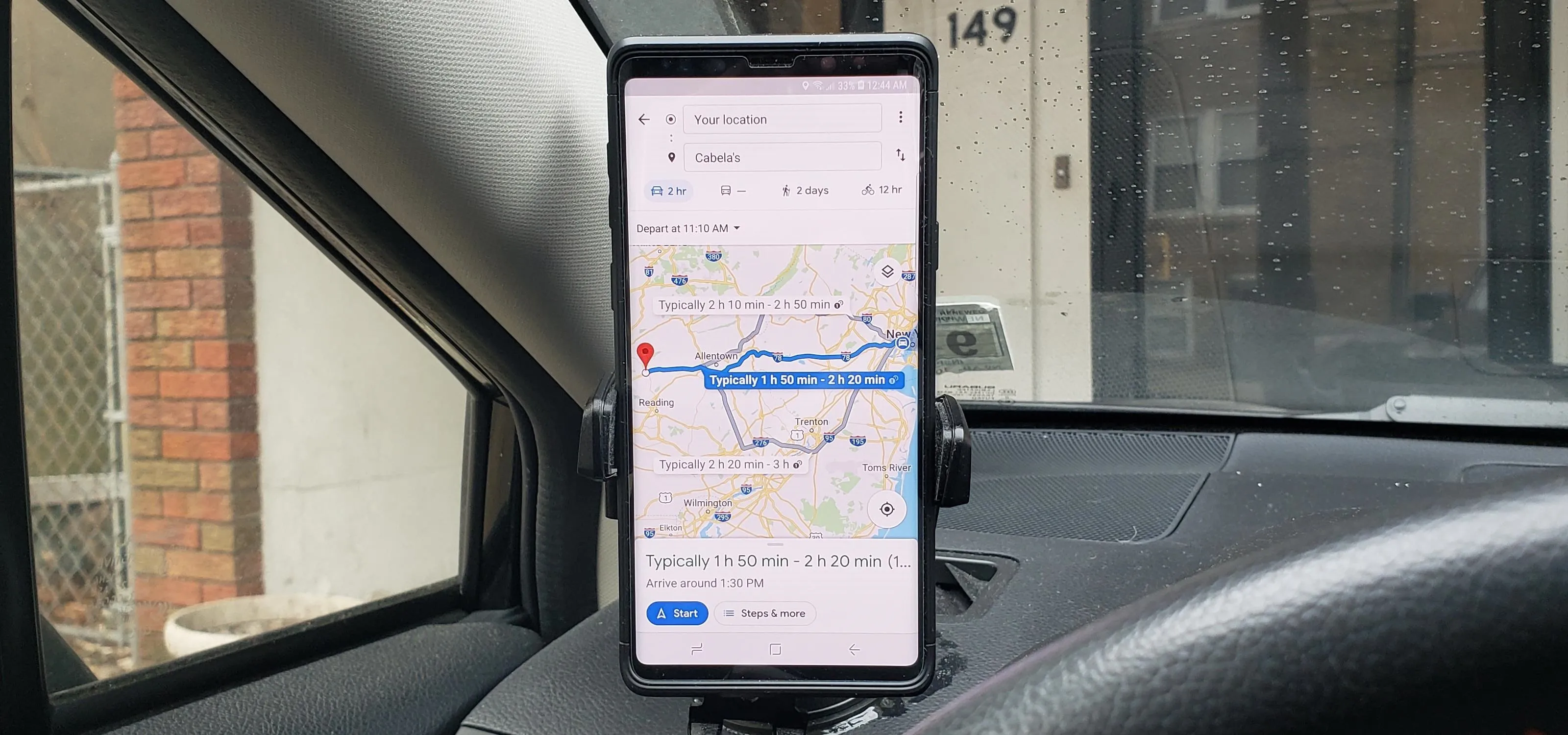
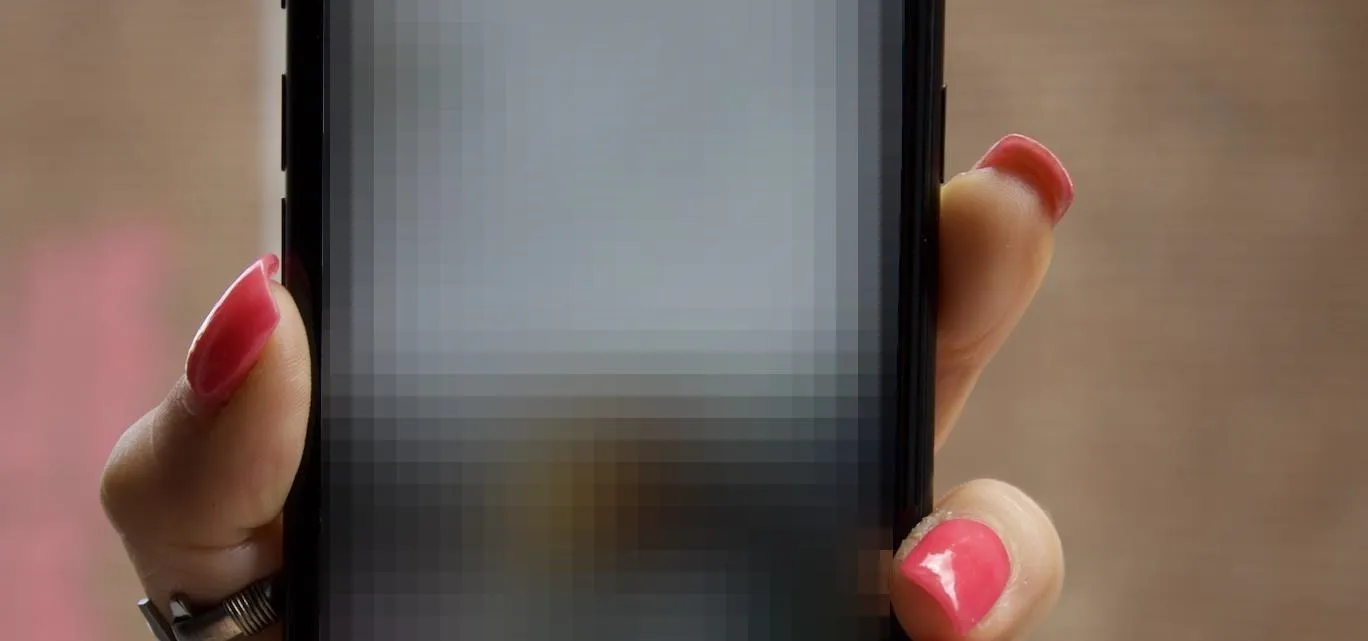

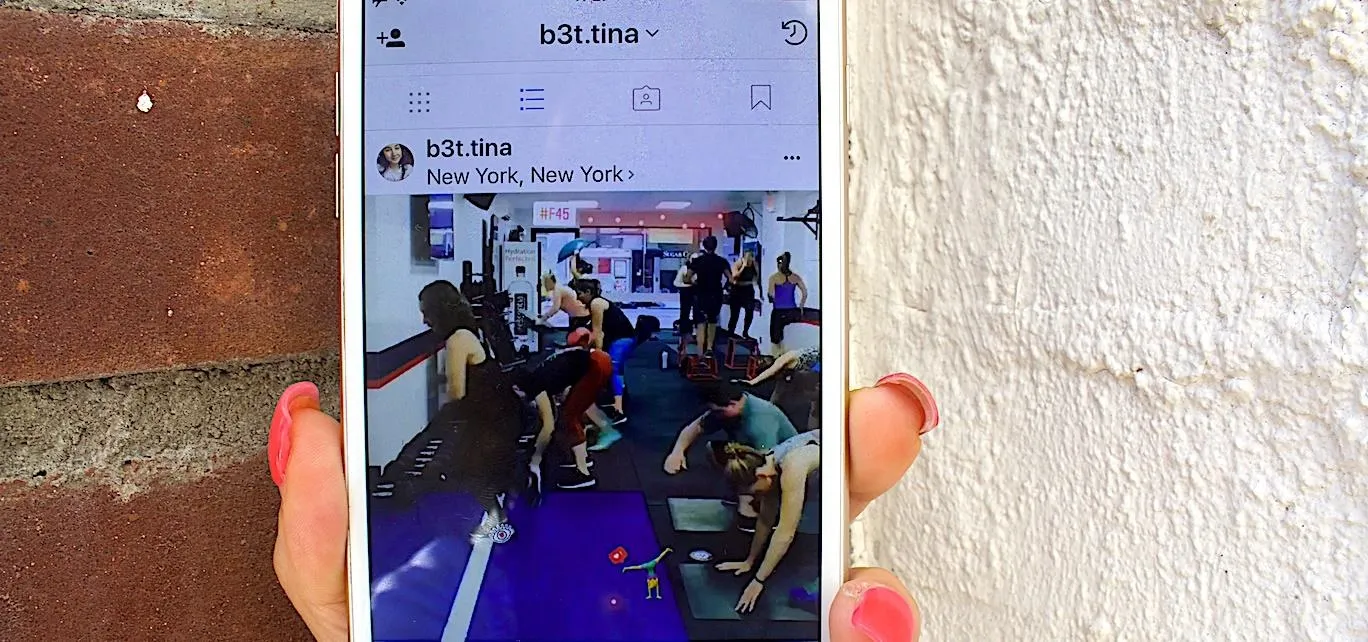
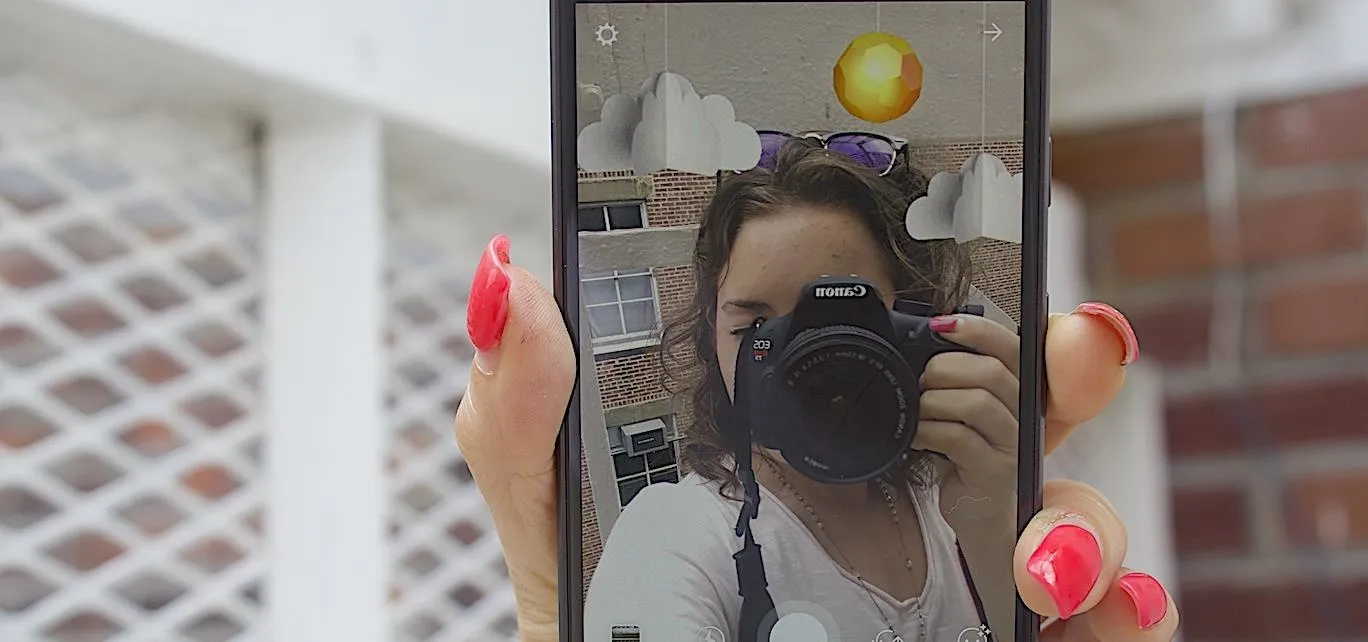
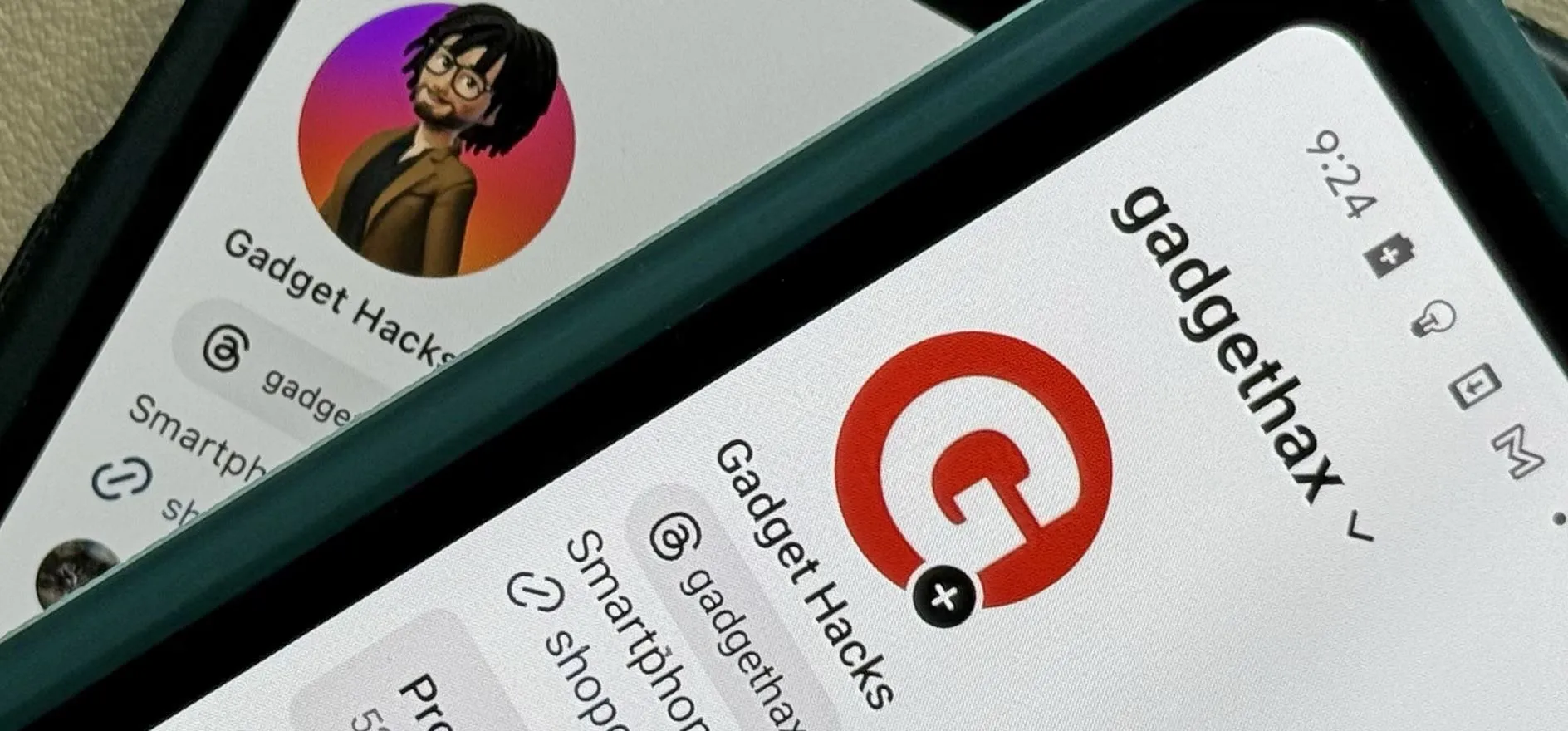
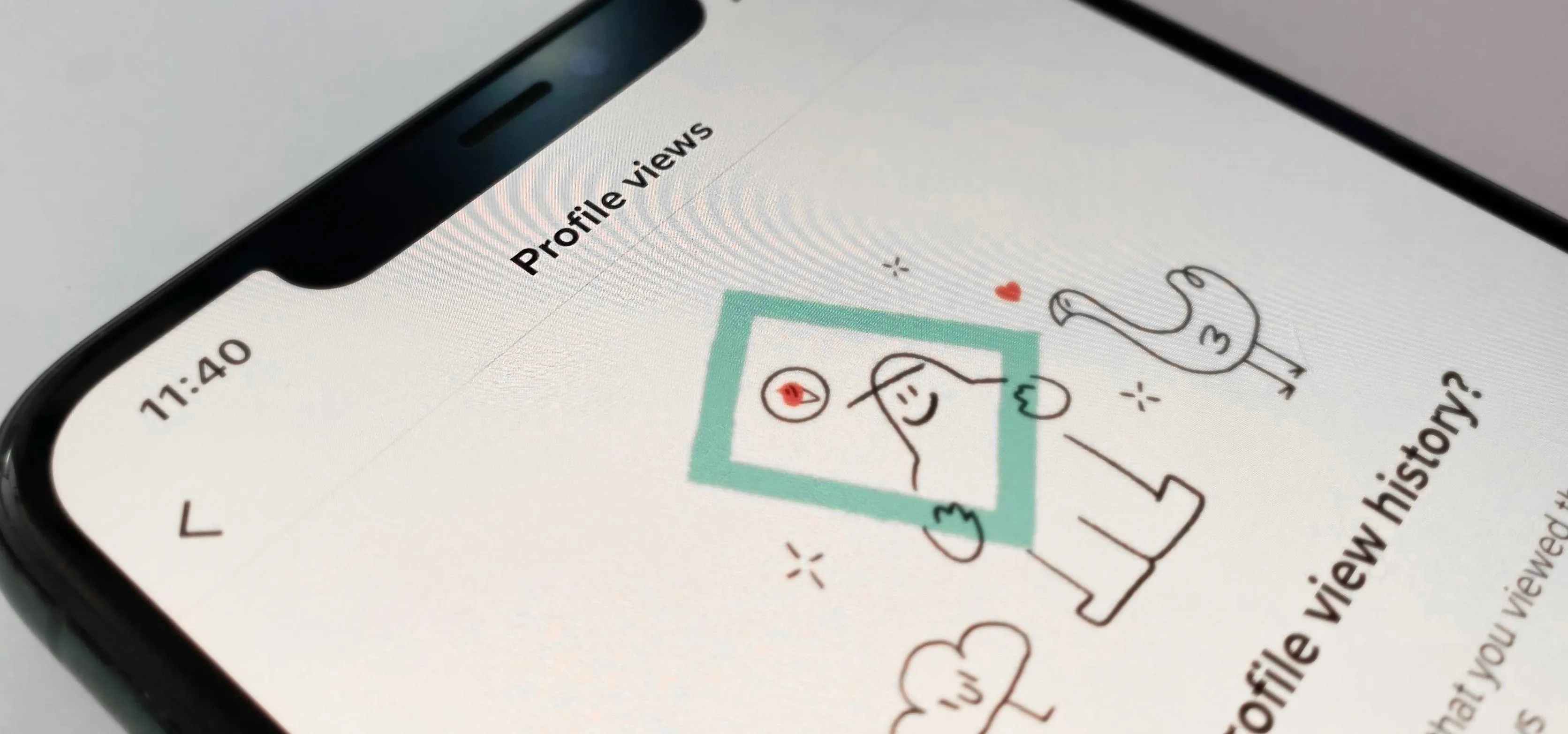
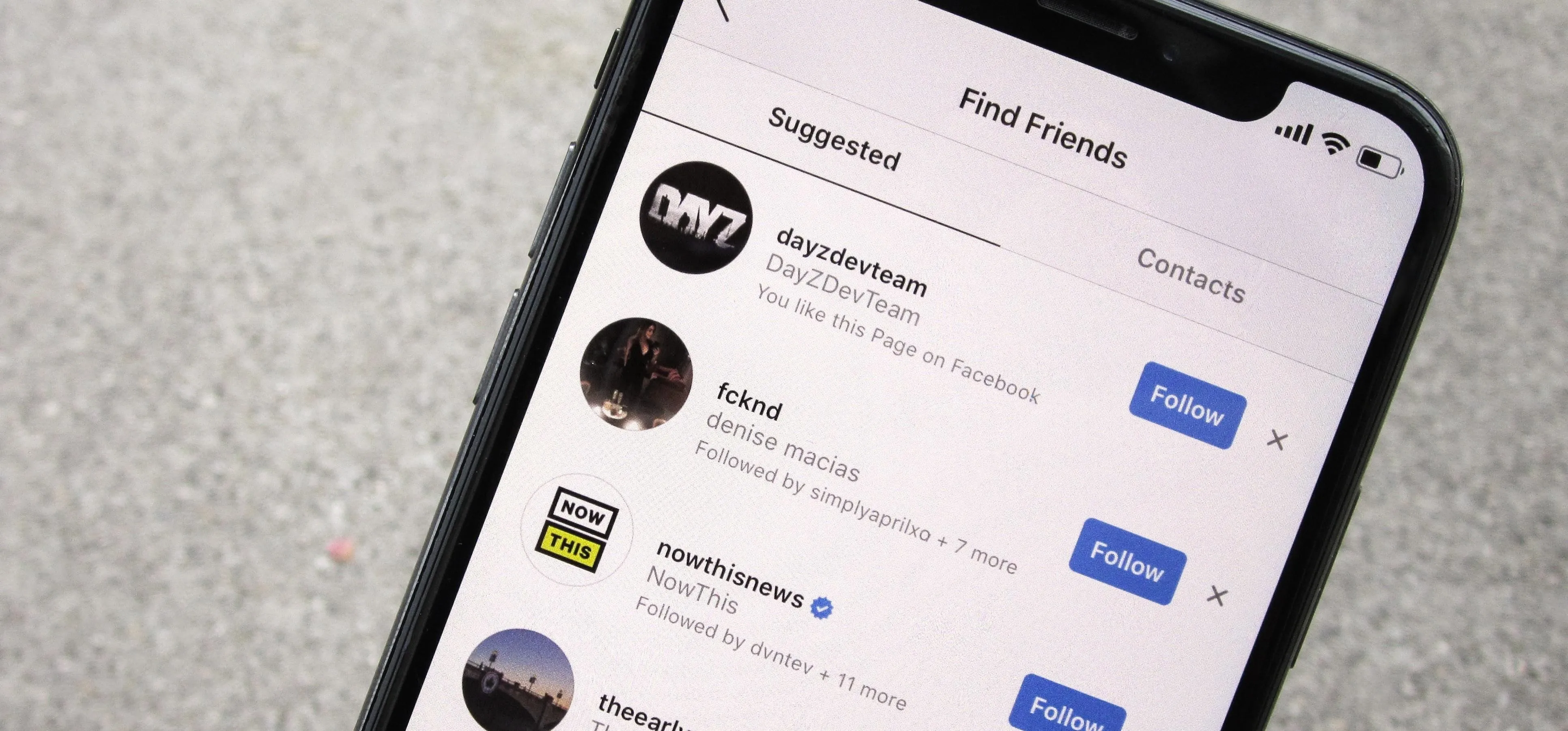
Comments
Be the first, drop a comment!